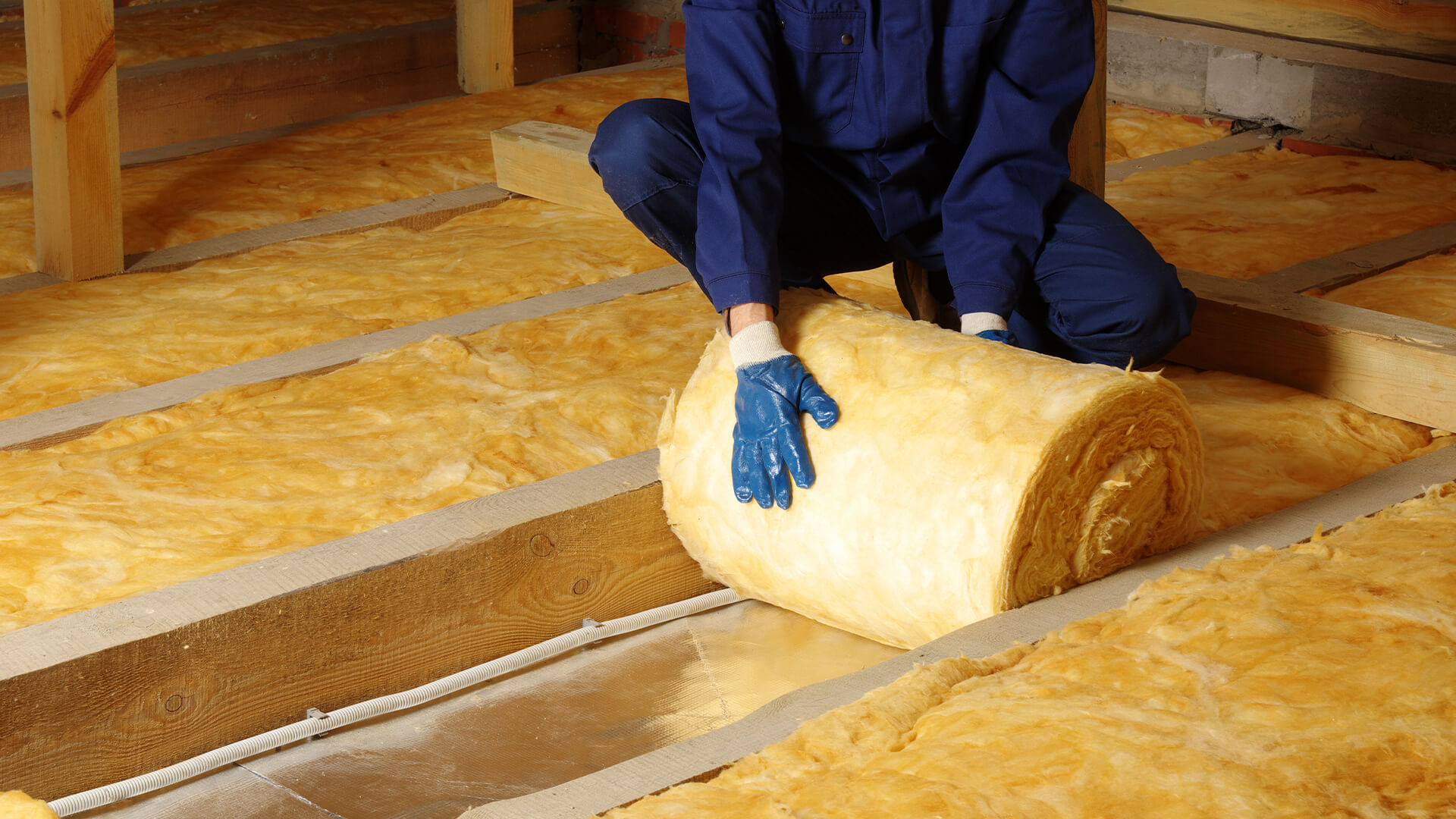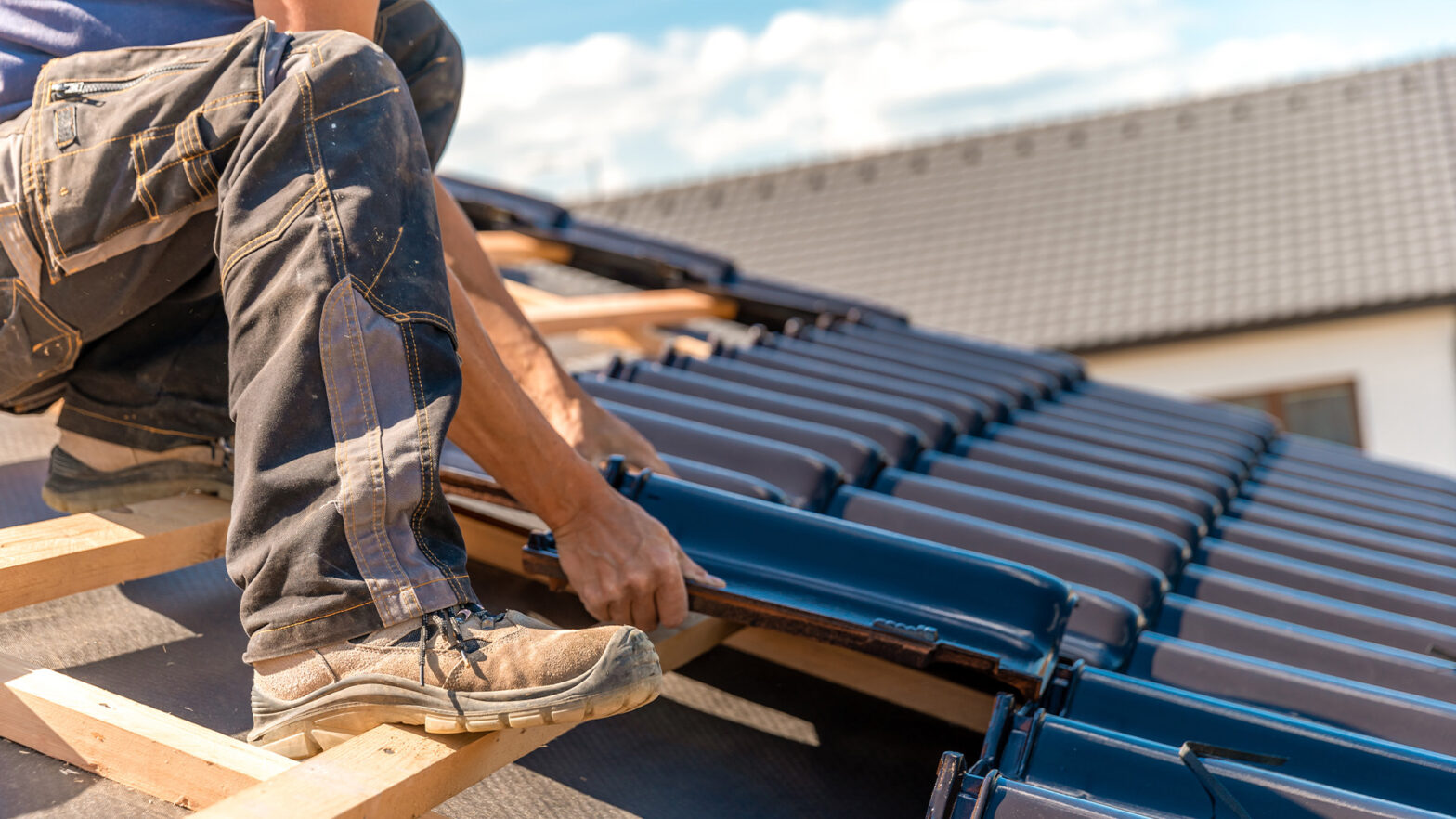Home insulation is one of the most important things you can do to keep your home warm in winter and cool in summer. Without it, you’ll have to rely on either natural or artificial heating and cooling systems which are expensive, not as energy-efficient, and can be inconvenient. Proper insulation will prevent heat from leaking through your walls, floors, ceilings during the cold months while also preventing heat buildup in hot weather. There’s a variety of insulation materials available on the market today-choose one that suits your needs!
1) What Is Home Insulation?
Home insulation is material that reduces heat transfer by slowing down the rate of heat conduction. A lot of people just think of it as something that keeps their homes warm but it also plays an important role in keeping your home cool during summer months. The more you know, right? Polyisocyanurate (PIR) is the most effective insulating material as it’s lightweight and provides a higher R-value. You can purchase this in the form of Celotex boards, made of multiple layers. It can also withstand moisture, rot, and mold. This type of insulation is very effective. Without insulation, your house may be either too hot or too cold depending on the season-unpleasant for anyone living there!
There are two types of insulation: thermal and acoustic. Thermal insulators prevent excessive heating and cooling, while acoustic ones reduce noise produced by a variety of sources inside a structure such as air conditioning units, fans, lights, computers etc. Both are important in your home.
2) Types of Insulation
It is important to understand that there are several different types of insulation material. These materials protect your house from heat loss and also allow you to maintain a comfortable climate.
- Cellulose is a type of insulation that does not contain glass fibers. It has an R-value of 2 which makes it less effective at keeping heat inside your house, but because cellulose is made from recycled newspapers, it’s considered environmentally friendly. The only downside to using cellulose is that rodents could make their way into your walls because of its softness. Cellulose can be blown in through holes cut in your attic floor or you can use a backer rod to keep it tightly packed between studs and joists. You should never use wood chips or sawdust for home insulation because they are lightweight and absorb moisture easily, causing mold growth.
- Foam board insulation is an effective air barrier material. The foam ranges in density, but generally it’s between 6-30 pounds per cubic foot. It comes in two main types: spray foam and rigid foam boards. Spray foam is an easier product to use because you can install it yourself while working off ladders. Make sure that you wear safety gear (including a respirator), keep children and pets away from the work area, follow any warnings on the label, and wear waterproof gloves while spraying. You can also purchase flexible or semi-rigid boards which should be installed by professionals for safety reasons.
- Fiberglass is a product that generally comes in either batts or rolls. Within the insulation industry, it is considered one of the best products for stopping air infiltration because of its high R-value (meaning it’s very good at keeping heat in). In addition to fiberglass’ insulating properties, it also helps reduce noise within your home. It can be installed by cutting the batts down to size and fitting them in between studs. They can fit around electrical wiring and plumbing pipes without damaging them. When buying fiberglass insulation, make sure you get an “Authorized Applicator Certificate,” which proves that the insulation has been properly applied to the correct standards in your area. Be wary of buying fiberglass without it.
Now that you know what the different types are, let’s look at why insulation is so important.
3) How Does Insulation Work?
Insulation slows down the movement of heat from one object to another. When you put your hand on a stove, for example, the heat is transferred directly from the hot surface into your skin. If there’s something in between that keeps you from touching the stove directly, then some of that heat will be lost in the process. More time is required for heat to travel through something than just across an empty space!
4) Why Insulate?
If you live in a house or apartment with proper insulation installed when it was originally built, then you don’t have much to worry about unless things are falling apart out there. But if it’s not properly insulated, the temperature inside your home could change dramatically depending on whether it’s winter or summer outside your door-and that can really destroy furniture and even lead to structural damage.
If you live in a mobile home, it’s important to install proper insulation materials so you don’t freeze during the winter and suffer over heating during the summer months. If you use space heaters or portable air conditioners, having good insulation will also help reduce energy costs and the risk of fire hazards!
5) How to Choose the Right Insulation for Your Home
Choosing the right kind of insulation products for your house is important in order to prevent heat loss in the winter and overheating in the summer. Generally speaking, fiberglass is known to be inexpensive but less effective compared to other materials that might be more expensive to install.
Mineral wool seems like an excellent choice if you’re looking for something with better insulation properties than fiberglass insulators though it will cost higher to buy. If noise is a problem inside your home, acoustic tiles are great to use. Just make sure they meet fire safety regulations when it comes to flammability so you don’t start another fire when everything’s already burning!
Proper insulation is a crucial part of any home, as it can help reduce the cost of heating and cooling your living space. Proper insulation will also play a huge role in keeping your home more comfortable by reducing heat loss during the winter months and preventing overheating during summertime. If you’re looking for something to keep out noise, acoustic tiles are perfect! They’ll meet fire safety regulations without compromising on sound-absorbing properties that may be lacking with other materials like fiberglass insulators.





























